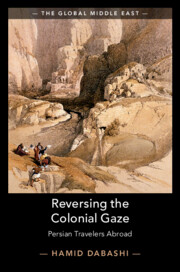The emergence of the transnational as a site and object of governance has triggered concern amongst both affected publics subject to these effects, and scholars keen to locate the democratic potentials therein. Increasingly, public sphere theory is being promoted as a lens for interrogating the democratic potential of the transnational. However the project of transposing public sphere theory from its Westphalian origins to the transnational has been frustrated by a lack of empirical examples in which the properties of a transnational public sphere can be easily identified. In this article, examining the encounter between La Vía Campesina and the UN Committee on World Food Security, I argue for the existence of a nascent transnational public sphere in the specific domain of transnational food and agricultural policymaking. The existence of this concrete example, I argue, defends public sphere theory’s transnational turn against either the charge of utopianism, or the need to suspend some of the framework’s core conditions in order to accommodate the ‘actually possible’. It also allows us to advance public sphere theory’s empirical research agenda, and in this article I introduce an analytical framework to take this further.
